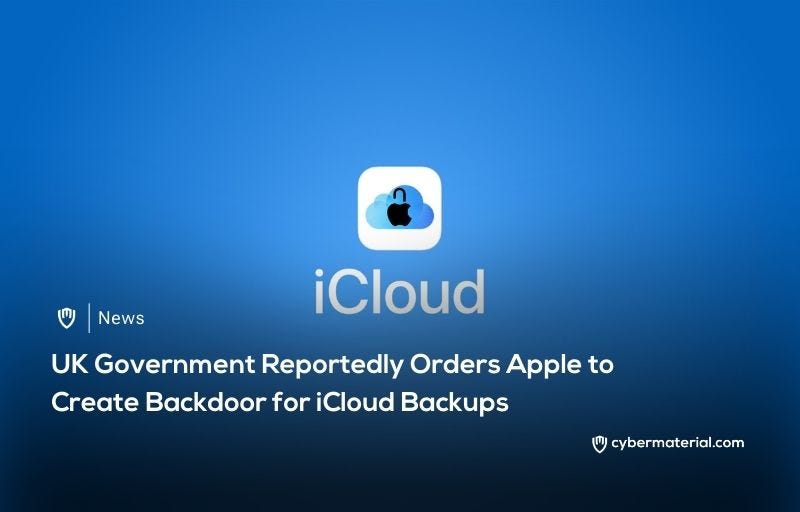
The UK government has reportedly issued a secret order to Apple, compelling the company to create a backdoor for accessing encrypted iCloud backups globally. This unprecedented demand is made under the Investigatory Powers Act of 2016, also known as the “Snoopers’ Charter,” which grants British security agencies unrestricted access to encrypted data from users worldwide. The order requires Apple to provide blanket access to all encrypted files uploaded by any user, bypassing the company’s usual data protection measures. In a significant step, the tech giant would be prohibited from notifying users if their encryption was compromised.
Apple’s Advanced Data Protection, which was introduced in 2022, provides end-to-end encryption for iCloud backups, ensuring that even Apple cannot access the data. However, this feature is not enabled by default and must be manually activated by users. The government’s order would override this protection, potentially creating a significant risk to global privacy standards. The move is seen as a major challenge for Apple, as it could force the company to decide between complying with UK demands or risking withdrawal of its services from the country.
In response to the order, Apple is reportedly considering discontinuing its Advanced Data Protection feature in the UK to avoid breaching its global encryption standards. While this would leave UK users without access to the enhanced encryption, it does not fully address the government’s demand for global access. Apple has a history of resisting similar requests from governments, such as its 2016 legal standoff with the FBI over unlocking an iPhone tied to a terrorism investigation.
This issue has once again placed Apple at the center of a broader debate about privacy, encryption, and government surveillance.
Critics argue that creating backdoors for government access undermines privacy protections and could lead to exploitation by hackers or authoritarian regimes. Civil liberties groups have long opposed the Investigatory Powers Act, claiming that it grants excessive surveillance powers with inadequate safeguards. The situation could set a global precedent, with other governments, including China and the U.S., possibly demanding similar access. Apple has the right to appeal the order, but it cannot delay compliance during the appeal process, making this a critical moment in the ongoing conflict between privacy and national security.
Reference:
The post UK Orders Apple to Create iCloud Backdoor first appeared on CyberMaterial.


